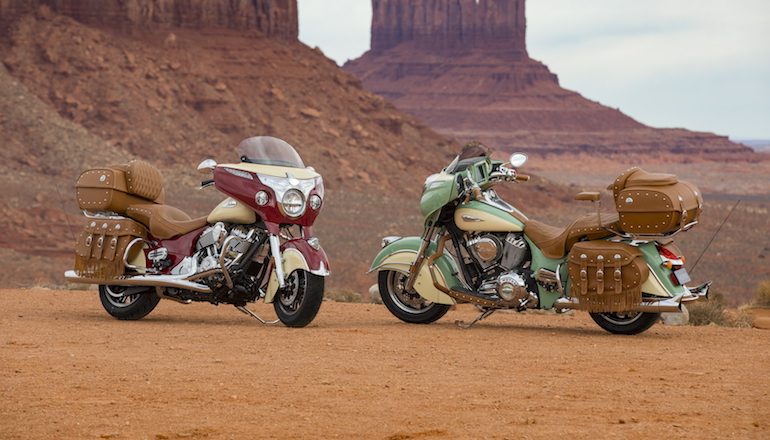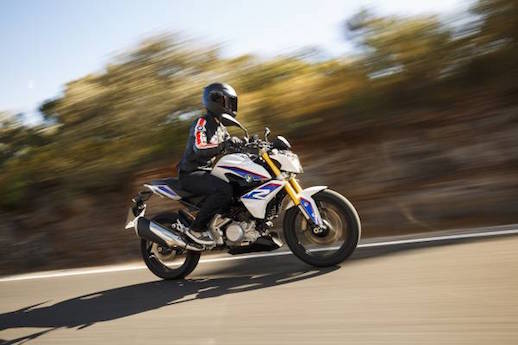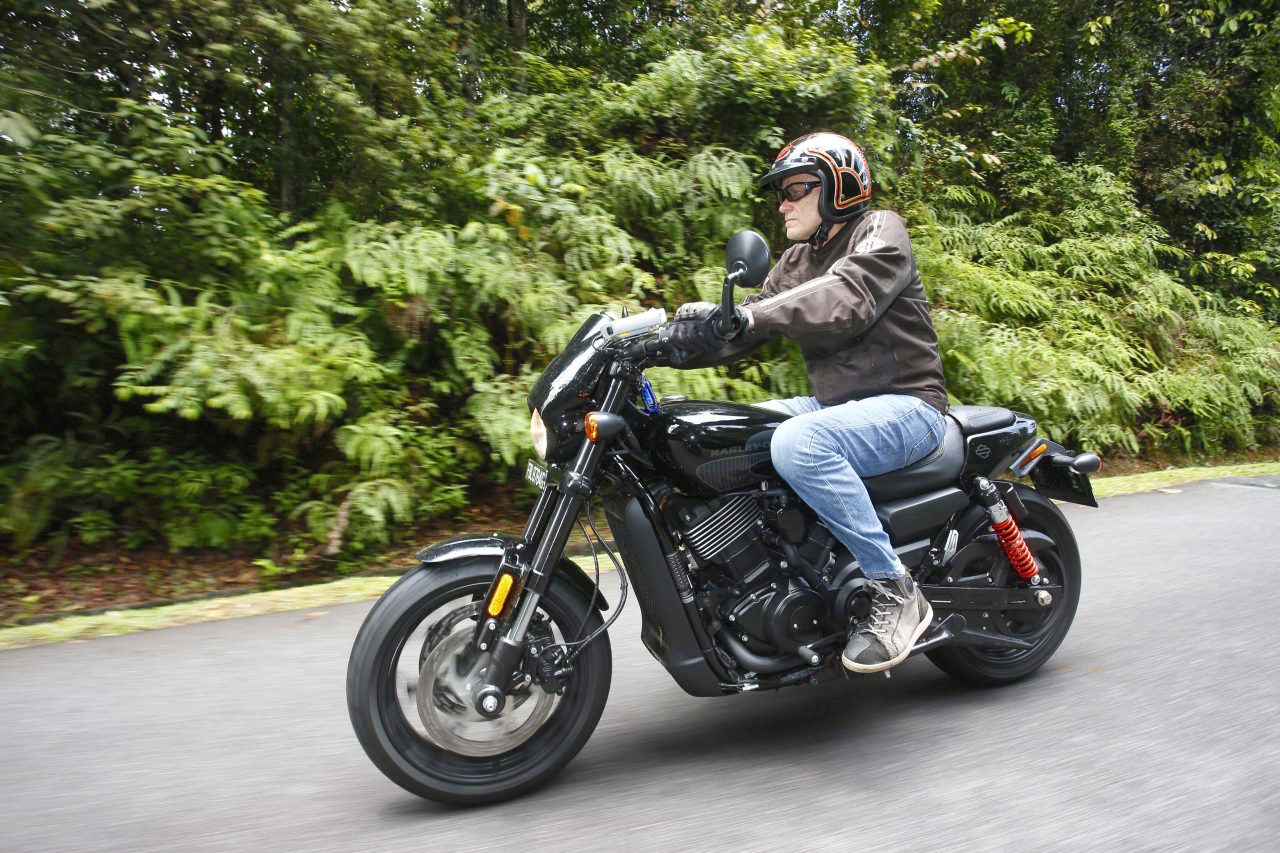Polaris has confirmed that Indian Motorcycles and some Polaris all-terrain vehicles will be assembled in India for the domestic market.
Indian Motorcycle began exporting to India in 2013 and in 2015 announced plans to assemble in India for the domestic market from 2018.
Polaris has a joint venture in India with Eicher Motors, maker of Royal Enfield, and the top bidder to buy Ducati from VW.
Eicher Polaris spokesman Pankaj Dubey has told the Indian Business Standard newspaper that assembling Indian motorcycles in India could double their market share from about 8-10% in the next two-three years.
Indian invasion
Over the past few years, brands as diverse as BMW, BRP (Can-Am Spyder), Ducati, Harley-Davidson, Honda, MV Agusta, Suzuki, Triumph, Yamaha and former Indian Motorcycles’ Polaris stablemate Victory have entered the Indian motorcycle market which is now the world’s biggest.
Some also have assembly plants in the country to avoid the crippling 105% import duties on completed bikes.
Manufacturers have been able to bargain for much lower import duties on complete knockdown (CKD) motorcycles exported to the country.
These locally assembled bikes attract a greatly reduced duty depending on a complex formula involving engine capacity and local content.
Manufacturing in India
Some even have manufacturing plants in India, including Harley-Davidson which makes its Street family there and BMW which makes its G 310 at the TVS factory.
These bikes attract no import duty, only normal taxes.
They are also not only supplied to the local market but to the world market.
Like Harley and BMW, it could be tempting for Indian Motorcycle to go a step further and have the vehicles built in India and exported to countries such as Australia.
Triumph has a local assembly plant in India but now plans to build a range of learner-approved motorcycles in the country for the world market in a deal with Indian company Bajaj Auto.
Cheaper manufacturing costs would lead to cheaper prices, but there is concern among riders about quality control.





